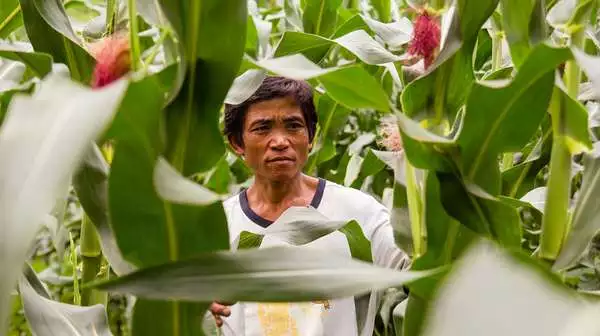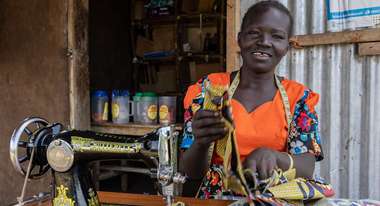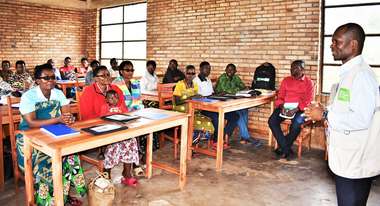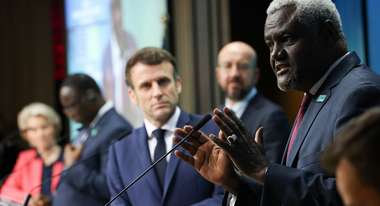The Southeast Asian multi-ethnic state of Myanmar is one of the poorest countries in the world. The high infant mortality rate is particularly alarming.
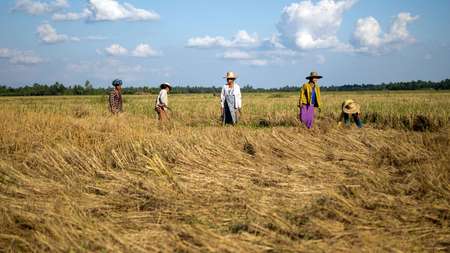
Better Seeds Bring Better Harvests
U Thaung Chit and his family of eight live in a small village in the Ayeyarwady Delta region. The 59-year-old farmer owns a little land and lives mainly from agriculture.
The Ayeyarwady Delta region is also known as the "rice bowl" of Myanmar. Although the soil in the region is fertile, the food supply for the people is not secure. Many of the farmers who cultivate rice have only inferior seeds, which are highly susceptible, especially in the monsoon season and in summer.
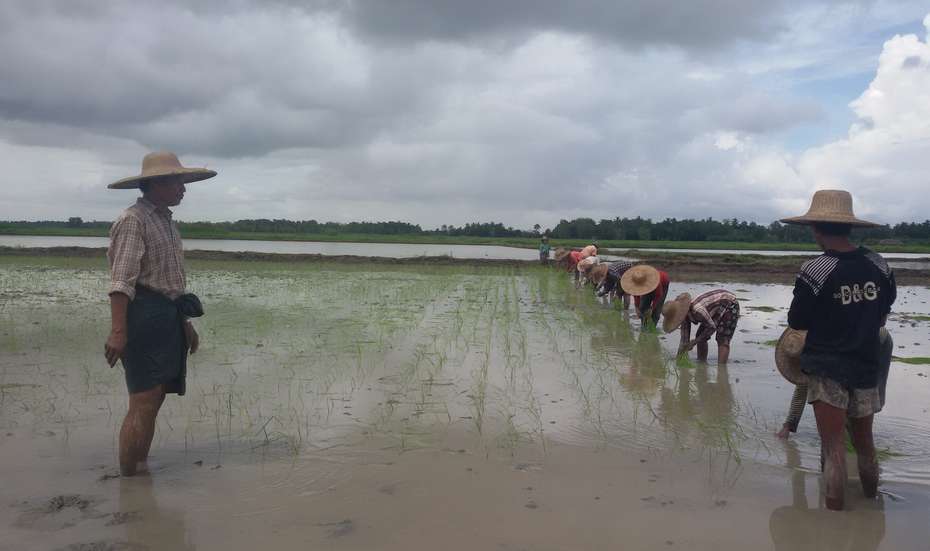
Quality makes the difference
To ensure that smallholder farms have access to high-quality seed and thus secure harvests, this project is based on seed networks being built. These networks not only support seed producers in manufacturing and ensuring quality, but also ensure that the acceptance of the seeds increases. This enables them to reach a larger market.
After U Thaung Chit was selected for training along with other farmers, they all received education on topics such as seed production, land use and fertilization.
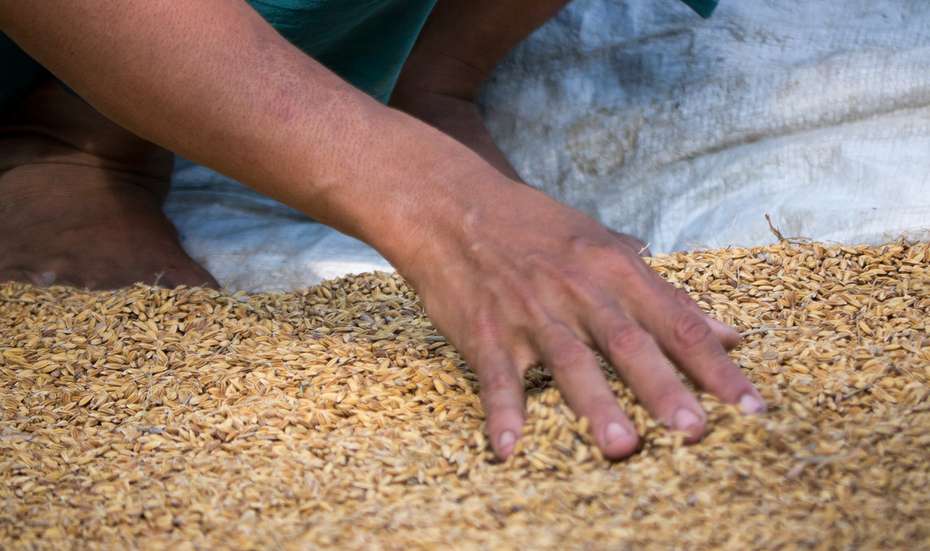
During these training sessions U Thaung Chit learned from project staff, on the field, and also from other farmers who have already completed the project training and are now bringing the knowledge to their villages. U Thaung Chit says: "The traditional farming methods are not sustainable, especially if you don't use high quality seeds for rice production. I want to improve my business and knowledge. I even learned how to calculate and monitor my income and expenses in the farm book. This helps me plan my activities." To increase his yield, he now also uses his own straw compost. This reduces production costs, as he has to buy less fertilizer, and also improves soil fertility.
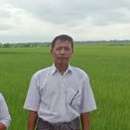
Traditional farming methods are not sustainable, especially if you do not use high quality seeds for rice production.
U Thaung Chit Project participantThrough the training courses in the project and the newly established network, the farmers support each other. This binds them together and makes them stronger. They now have 73 members and can jointly purchase inputs at a better price, grant loans to farmers in need, and store and market rice seed at a better price.
How Welthungerhilfe Helps in Myanmar
- Training in seed production
- Training of farmers, who multiply the knowledge in their villages.
- Networking seed producers to negotiate better prices for buying and selling seeds




